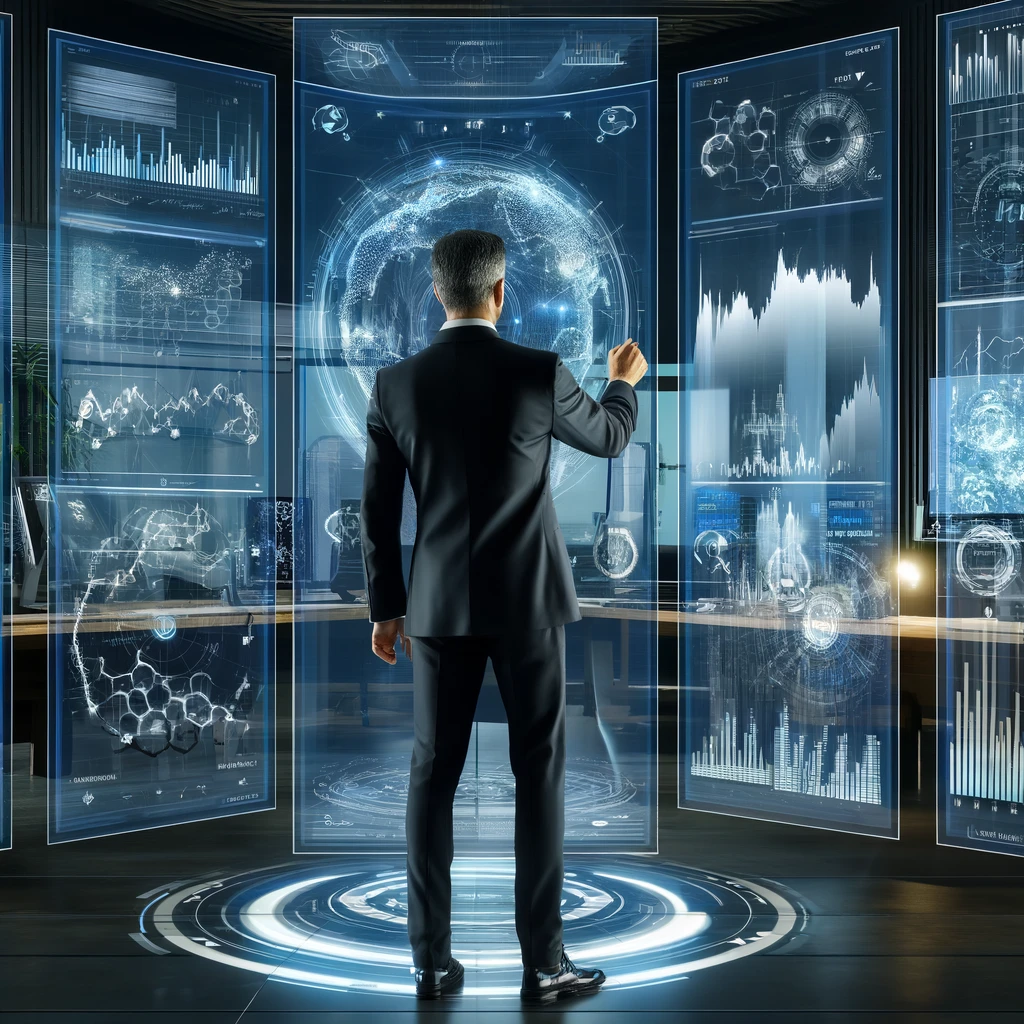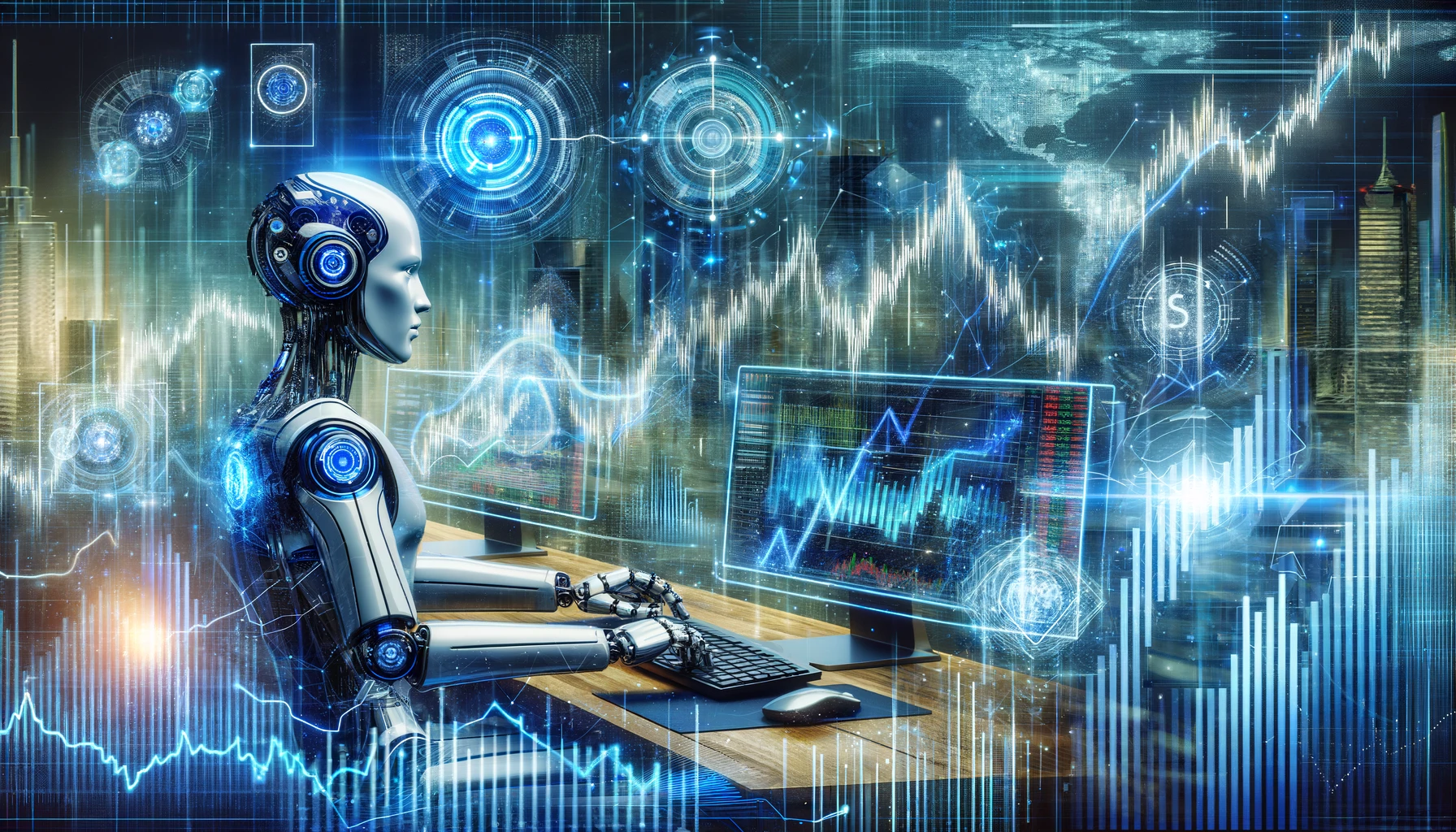Technology is revolutionizing the financial sector, particularly the stock markets, at an unprecedented rate. Innovations in artificial intelligence (AI), blockchain, and automated trading are not only transforming the infrastructure of these markets but also redefining the strategies used by traders and investors. This article delves into how these technological advancements are influencing the stock markets and what this means for the future of investing.
Artificial Intelligence in Stock Trading
AI is at the forefront of the technological revolution in stock markets, enhancing everything from data analysis to automated trading. By leveraging complex algorithms and machine learning, AI can process vast amounts of data at speeds impossible for human traders. This capability enables more informed decision-making by predicting market trends and identifying investment opportunities based on historical data and real-time analysis.
For example, hedge funds and investment banks use AI systems to develop predictive models that help in making high-frequency trading decisions. These AI models can adapt to new data and market changes more quickly than traditional models.
- Resource: How AI is Changing Stock Trading
Blockchain Technology and Market Efficiency
Blockchain is another transformative technology impacting the financial markets. Known for its role in cryptocurrency transactions, blockchain offers a secure, transparent, and decentralized ledger for recording transactions. In stock markets, blockchain technology can potentially reduce the need for intermediaries such as brokers and clearinghouses, lowering transaction costs and speeding up settlement times.
Several stock exchanges around the world are experimenting with blockchain to manage the clearing and settling of trades. For instance, the Australian Securities Exchange (ASX) plans to replace its current clearing system with a blockchain-based system to enhance efficiency.
The Rise of Automated Trading Systems
Automated trading systems, also known as algorithmic trading, use algorithms to execute trades at the best possible prices. These systems follow a set of predefined rules such as timing, price, and volume to place orders automatically. The major advantage of automated trading is the elimination of human emotions from the trading process, which can often lead to more consistent and rational trading decisions.
Automated trading systems are not only used by large institutional investors but are also becoming popular among retail investors. Platforms like MetaTrader have made these technologies accessible to a broader audience, democratizing access to sophisticated trading tools.
- Resource: Understanding Automated Trading Systems
Challenges and Implications for Investors
While technology brings numerous benefits, it also presents challenges such as increased market volatility and potential cybersecurity risks. The speed and automation of trades, while efficient, can also lead to rapid market declines as seen during various “flash crashes.” Furthermore, as financial markets become increasingly reliant on technology, the risk of cyber-attacks grows, potentially leading to significant financial losses and undermining investor confidence.
Conclusion
The integration of technology into stock markets is reshaping the landscape of investment, offering enhanced efficiency, improved accessibility, and greater transparency. As these technologies continue to evolve, they promise to open up new possibilities for market participants but also require investors to become more technologically savvy to harness their full potential. By staying informed about these advancements, investors can better navigate the complexities of modern financial markets and potentially secure a competitive edge in the high-tech trading environment.



